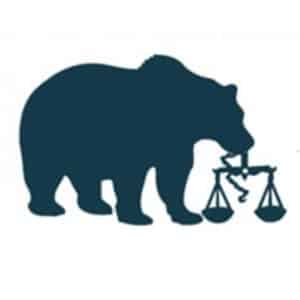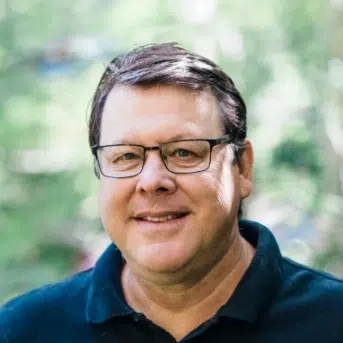|
Listen to this Article
|
Tesla employees suing the automaker for allegedly fostering a racist factory work environment are now also pursuing sanctions against the car company.
In asking for sanctions, the workers allege Tesla and its Sheppard, Mullin, Richter & Hampton counsel have failed to comply with a court order to release the names and contact information of their co-workers who could potentially speak to the alleged racist culture at the Fremont, California, factory.
The motion for sanctions claims Tesla has knowledge of and produces employees’ contact information when it’s favorable, such as at depositions for plaintiff Demetric Di-az, whose father, Owen, also worked at the factory and is named in the suit. However, it objected to the workers’ discovery request for similar information on the grounds of “vagueness, overbreadth, third-party privacy rights, relevance, and proportionality,” according to the motion filed Monday in the U.S. District Court for the Northern District of California.
Plaintiffs’ counsel from California Civil Rights Law Group in San Anselmo, California, and Los Angeles’ Alexander Krakow + Glick contend they narrowed the scope of the request in response, but Tesla claimed it had no new names to hand over.
“In a staggering show of gamesmanship and discovery abuse that violates both the Federal Rules and the Court’s Oct. 3 order, Tesla now refuses to produce these employees’ names and contact information to plaintiffs,” they wrote in the filing for the case, which is set to go to trial May 11.
Di-az, his father, and former plant elevator operator Lamar Patterson allege that Tesla created a “Jim Crow era” work environment where they were subject to racial slurs on a daily basis, according to the complaint for damages filed in December 2018. Staffing companies Citistaff Solutions Inc., West Valley Staffing Group and Chartwell Staffing Services are also defendants in the case due to their alleged role as joint employers.
The Tesla factory workers are asking Judge William Orrick III, who is overseeing the case, to sanction the company with attorney fees and costs totaling $7,240, and preclude witnesses “Tesla improperly refused to identify in discovery,” according to the motion.
Plaintiffs allege that they waited a month after Orrick ordered Tesla to share “information about known individuals,” but told the company it need not go on “a wild goose chase to uncover the names of individuals about whom it is not aware” on Oct. 3.
During an email exchange, the workers’ lawyers wrote in the motion that Tesla’s attorneys reported they hadn’t unearthed any individuals that they weren’t already aware of and said plaintiffs’ request was a “fishing expedition.”
“Tesla’s behavior throughout the parties’ extensive meet and confer process has been a textbook case of bad-faith discovery abuse,” the attorneys write. “Tesla was unequivocally aware of the names of numerous individuals who indisputably worked with or around plaintiffs, yet it failed to produce these individuals’ contact information—first in response to Plaintiff’s original discovery requests, and again in response to the court’s October 3, 2019 order.”
The California Civil Rights Law Group’s Larry Organ said Tesla released five names, some with incomplete contact information, after debating the issue for nearly 10 months. Organ said his team is asking for sanctions because Tesla clearly believes it’s above the law.
“It’s clear they don’t want us to get in touch with people, because presumably these people might help their case,” he said. “This is an important civil rights case, and I think this dispute highlights the fact that getting information in these kinds of cases is difficult. And when you have a petulant opponent such as Tesla, it’s even more difficult.”
Tesla and its counsel, which includes Sheppard Mullin’s Tracey Kennedy in Los Angeles and Patricia Jeng and Reanne Swafford-Harris in San Francisco, did not immediately reply to a request for comment.
Plaintiffs’ legal team also includes the California Civil Rights Law Group’s Navruz Avloni and Cimone Nunley, as well as J. Bernard Alexander of Alexander Krakow.


